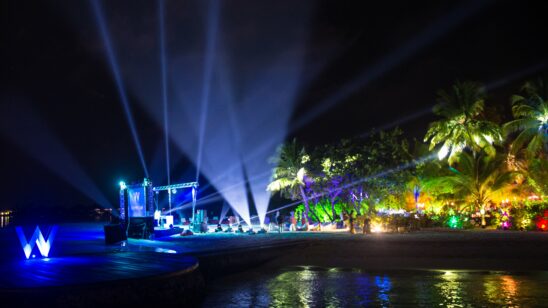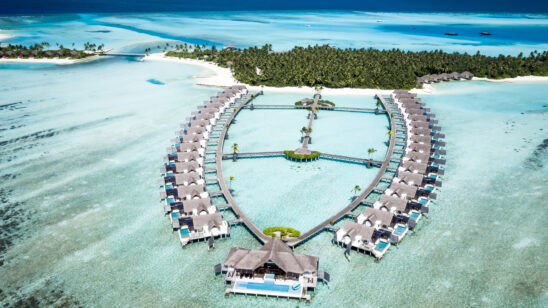
Experts meet to discuss measuring sustainable tourism
[vc_row][vc_column][vc_column_text]
The first meeting of the Working Group of Experts on Measuring Sustainable Tourism (MST) agreed that developing a statistical framework for sustainable tourism is a priority to support integrated policy responses at national and destination level, and urged UNWTO to lead this effort.
The Group agreed that the core rationale for developing a statistical framework is to support the measurement of sustainable tourism in its various dimensions (economic, environmental and social) and at the relevant spatial levels (global, national, sub-national) by providing a common language and organizing structure for exploiting the richness of data already available and for identifying additional data that may be needed.
A statistical framework for sustainable tourism is the natural evolution of and complement to the standing statistical standards on tourism statistics: the Tourism Satellite Account (TSA) and the International Recommendations for Tourism Statistics (IRTS). The starting foundation involves bridging the economic and environmental dimensions of sustainable tourism through two UN standards: the TSA and the System of Environmental Economic Accounting (SEEA).
[/vc_column_text][/vc_column][/vc_row][vc_row][vc_column][vc_single_image image=”11687″ img_size=”large”][/vc_column][/vc_row][vc_row][vc_column][vc_column_text]
A standards-based statistical framework can support the credibility, comparability and outreach of data and various measurement and monitoring programmes pertaining to sustainable tourism, including the Sustainable Development Goals (SDG) indicators.
“The Sustainable Development Goals and the International Year of Sustainable Tourism for Development 2017 constitute a unique opportunity to advance sustainable, inclusive and responsible tourism; developing a statistical framework to measure sustainable tourism is essential in fostering a common understanding for tracking our progress,” said UNWTO Secretary-General Taleb Rifai. “Tourism stakeholders at large will benefit from having a statistical framework for sustainable tourism much like we all benefit from the TSA which provides the framework for tourism’s economic contribution”.
More than 50 representatives from stakeholders like National Tourism Administrations, National Statistical Offices and Ministries of Environment from 13 countries, as well as subnational administrations, the private sector, academia, civil society, tourism observatories (including UNWTO-INSTO members) and multilateral organizations participated in the two day working session.
The meeting came at an important point in UNWTO’s initiative Towards a Statistical Framework for Measuring Sustainable Tourism (MST) which is being developed since 2015 with the support of the UN Statistical Division and the engagement of Austria, Fiji, Italy, Mexico, The Netherlands and Cardiff University (Wales).
In addition to exchanging views and experiences, the Working Group of Experts considered the 8 discussion papers prepared for the meeting and the ongoing work of the 5 pilot studies in order to assess the feasibility and relevance of advancing towards a statistical framework to better inform and to advocate for sustainable tourism as well as to guide policy makers.
The Working Group emphasized that beyond being a technical exercise, developing and subsequently implementing a statistical framework for sustainable tourism is very much a strategic endeavor requiring stakeholder engagement, inter-institutional coordination and political leadership. These key issues need to be addressed in recognition of the multifaceted natures of tourism, environment and sustainable development.
[/vc_column_text][/vc_column][/vc_row]






